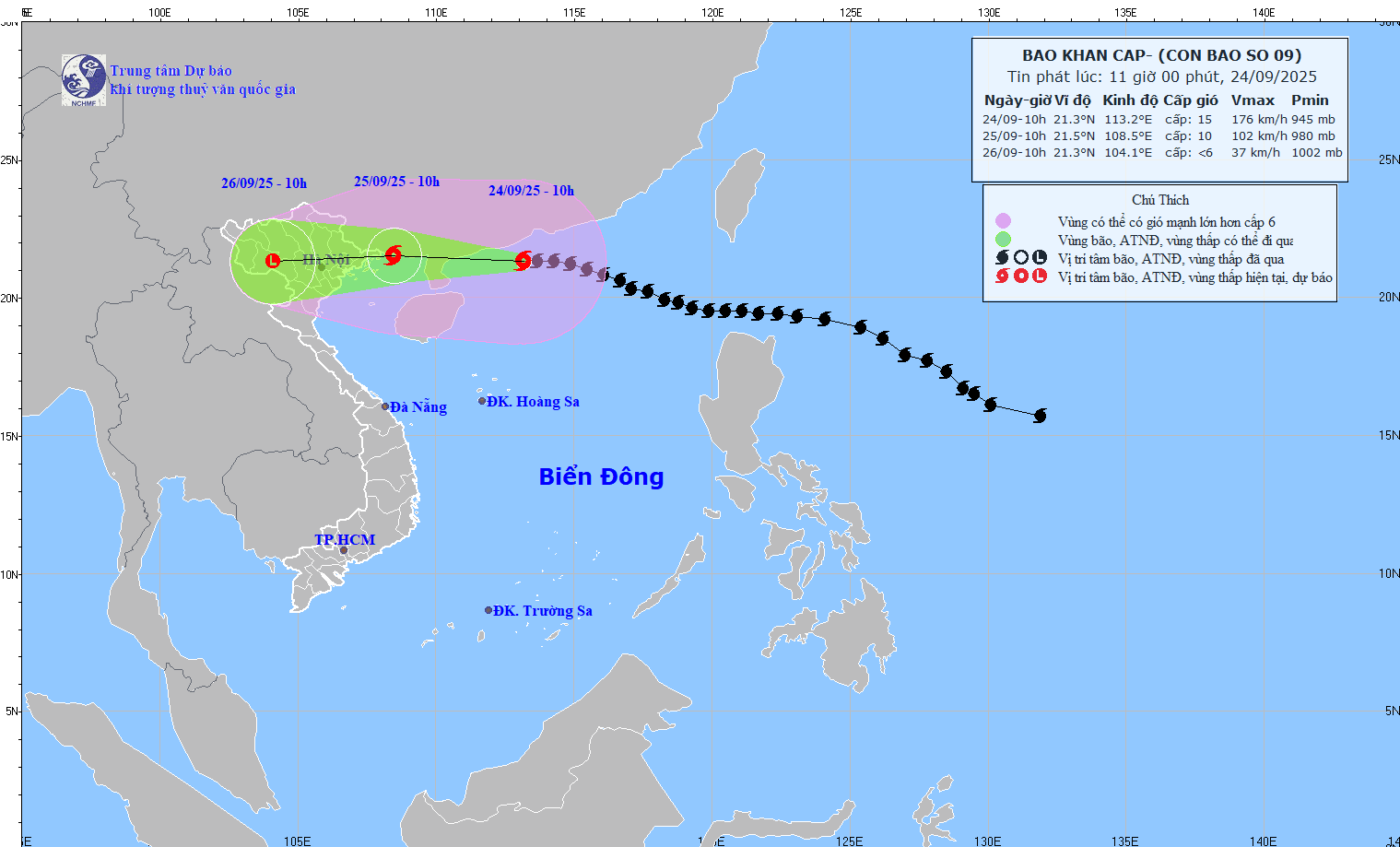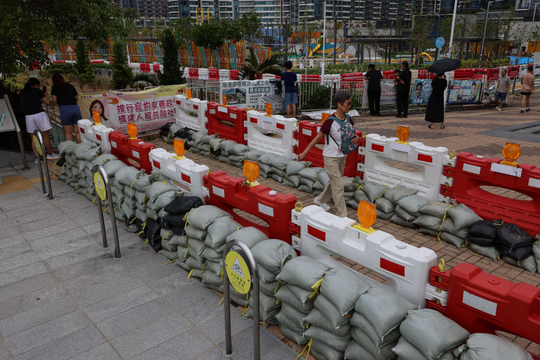China may emulate the US mercenary model
China is planning to study US private military companies to ensure security for its Belt and Road initiative.
|
US mercenaries in Iraq in 2016. Photo: Twitter. |
Tian Buchou is a former Chinese special forces soldier who spent 17 years providing security for Chinese companies in war zones in the Middle East and Africa. Despite his extensive experience in dealing with robberies and terrorism, the 39-year-old security officer realized that his team had a lot to learn when working with the mercenaries of the American private security company Blackwater, according toSCMP.
Blackwater was founded in 1997 by former US SEAL Erik Prince and was hired by the US government to protect many US officials and facilities in many countries, including Iraq and Afghanistan. However, after Blackwater members were accused of massacring civilians in Baghdad in 2007, the company was disbanded.
"While Chinese private security personnel act as nothing more than gatekeepers, the multinational mercenary team ofBlackwater is highly trained to protect cargo and personnel. The company has a comprehensive network of operations with logistics, weapons, high-tech and medical support capabilities., Tian reviews.
"More than 80% of China's private security personnel have only basic training, run by people who have only fought in video games," he said.
Most Chinese private security personnel are veterans, like the Blackwater mercenaries. However, they lack actual combat training and combat experience compared to their international counterparts. Blackwater employees also have easier access to weapons and operate more freely than their Chinese counterparts.
“They have many partners in Europe, as well as experts who are very good at recruiting local human resources,” Tian said.
The need to bridge the gap in expertise with foreign countries has become all the more urgent as Chinese companies become key links in the Belt and Road Initiative (BRI), a massive infrastructure push that aims to connect economies into a Beijing-centered trade network.
|
A Pakistani soldier guards a Chinese cargo ship at Gwadar port in 2017. Photo: AFP. |
Therefore, the ability to establish a security coordination body for Chinese enterprises abroad becomes a very important requirement for BRI.
If the plan goes ahead, China’s Ministry of State Security would be responsible for intelligence gathering and non-traditional security support for the new agency. Officials from the Ministry of Public Security, Ministry of State Security, Ministry of Foreign Affairs and Ministry of Commerce are working together to draft detailed plans for how the unit would be run, which would control the activities of Chinese private security companies abroad.
Overseas security services are still in their infancy in China. Experts from the People's Public Security University and the China University of Political Science and Law are studying the current policy, as the existing operational model does not make much difference outside China.
BRI connects more than 65 countries in Asia, Europe, the Middle East and Africa, many of which are located in disputed areas and high-risk countries such as Pakistan, Afghanistan, South Sudan and Yemen. Currently, there are more than 30,000 Chinese companies investing abroad with nearly one million employees, a number that will continue to grow rapidly in the future.
The risks of working abroad are also growing, especially as Chinese companies expand investments in troubled regions. Since 2014, at least 44 Chinese nationals have been killed in Pakistan, despite the country deploying thousands of military personnel to protect workers. More than 60 percent of those killed were Chinese-language teachers murdered by militants in the city of Quetta, the center of the $50 billion China-Pakistan Economic Corridor.
Chinese companies have previously had to hire local and international staff to beef up security overseas, as domestic security companies could not meet the demand.
Huang Rihan, executive director of the Belt and Road Institute at the Center for China and Globalization, said only six of the country's more than 5,000 private security companies are qualified to operate overseas, most of them escorting cargo ships at sea.
Military expert Zhou Chenming said many Chinese companies used to rely on the host country's military for security, but are now having to reconsider this policy, especially in countries where coups and regime changes are likely. "This policy is no longer effective after the Arab Spring movement in the Middle East broke out, causing social and political instability in countries along the BRI," Zhou said.
According to Zhou, Chinese companies need more protection, but so far no domestic security unit can meet their needs due to language barriers and lack of operational experience.
One entity seeking to overcome these barriers is Frontline Services Group (FSG), a security company headquartered in Hong Kong with offices across China. FSG was founded by Erik Prince, former chairman and CEO of Blackwater.
FSG, which serves more than 20 Chinese clients in the Middle East and Africa, has “dispel many misconceptions” about operating in high-risk countries. The company said its staff are trained in foreign languages and international operations, while traditional training focuses on reactive skills such as martial arts.
Another international player is DeWe Security Services, founded by a group of former employees of China’s Ministry of Public Security. Like FSG, it also runs security training schools, training counterterrorism experts and other professionals for local governments.










